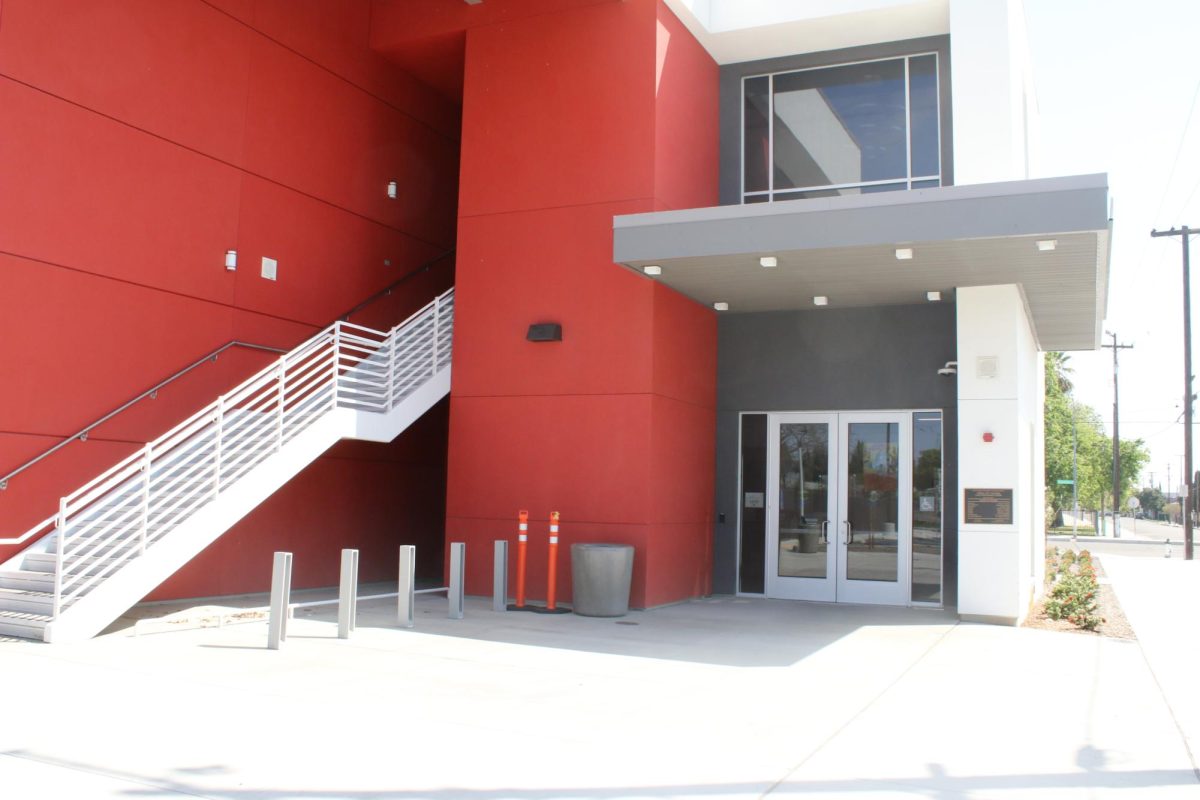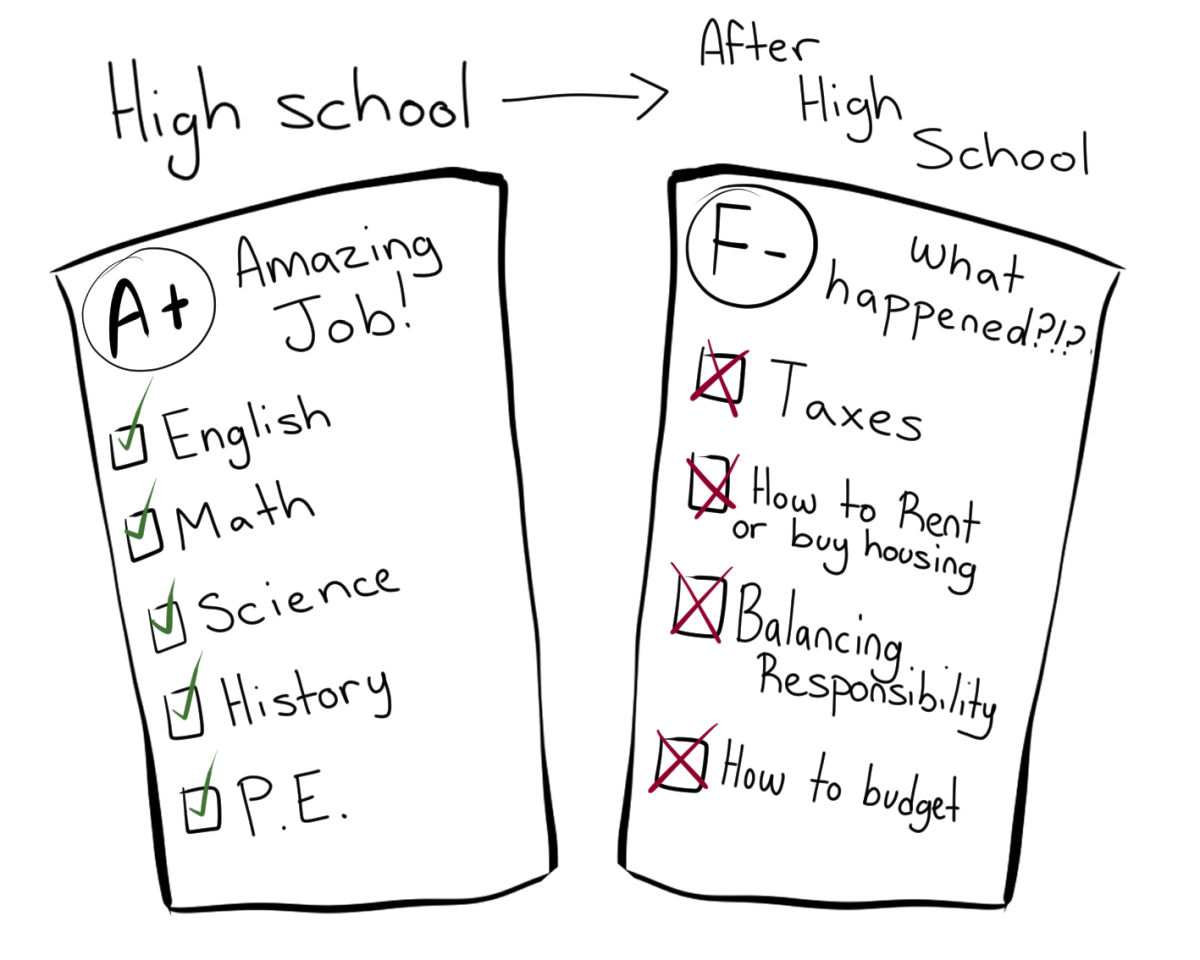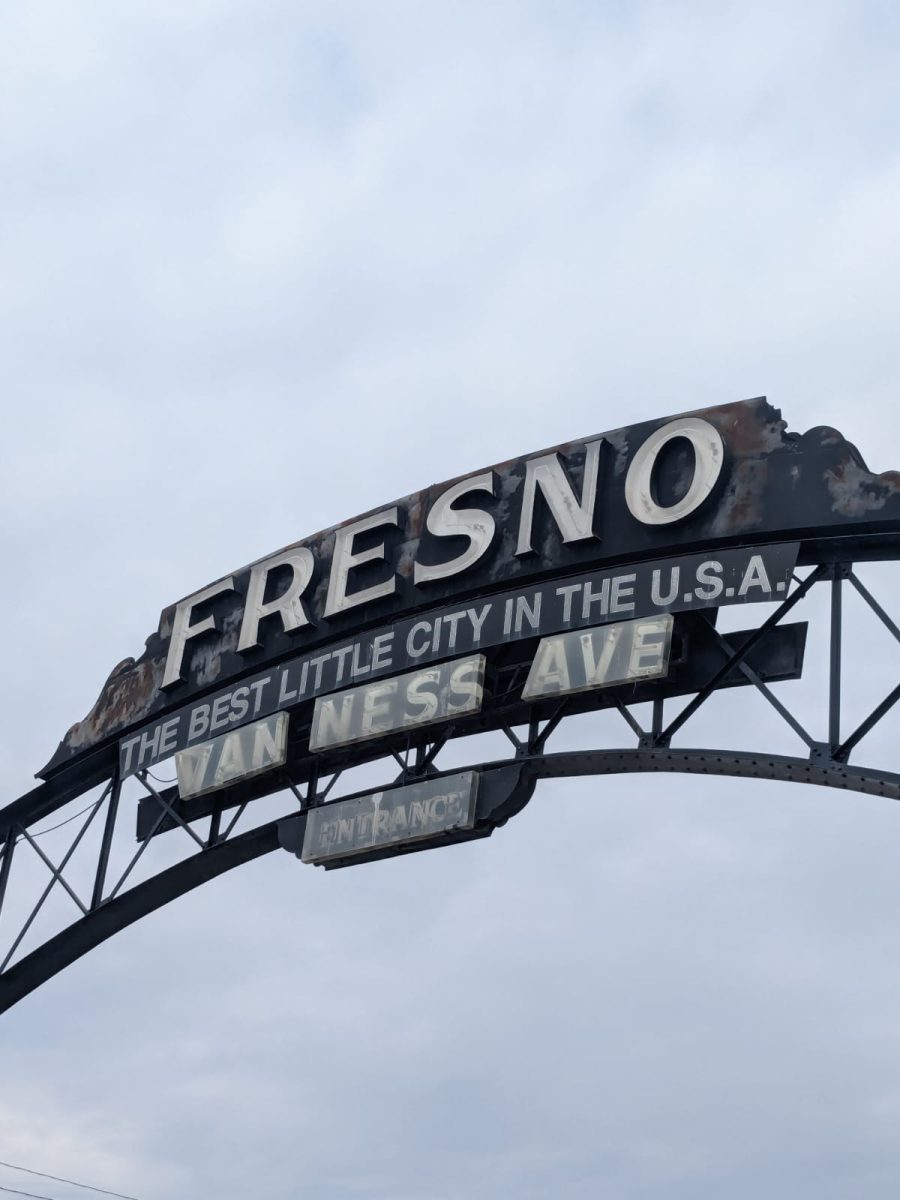You hear the number being dialed, anticipate the routine beeps and static, wait several moments to connect to the home page, and then hope your mom doesn’t pick up the phone and ruin your connection. Such were the days of dial-up Internet. Broadband, a faster connection that doesn’t tie up the telephone line, has since become the standard for several years but the system could soon face noticeable changes both in its actual performance and with its relationship between consumers, the FCC and service providers.
The Federal Communications Commission, or FCC, released its “National Broadband Plan” that outlines their goals to improve performance and extend Internet services to people for the future. Among these is the goal to provide “at least 100 million U.S. homes [with] affordable access to actual download speeds of at least 100 megabits per second and actual upload speeds of at least 50 megabits per second.”
A recent study by the Information Technology Industry Council reported that the American download speed is 4 megabits per second, a speed that is behind several other countries. The FCC plans to improve the country’s ranking with their plan and to make the United States the innovator and leader of wireless networks.
But how will this get done?
According to a recent Yahoo.com Finance article, “No easy fix for America’s broadband problems” published on March 16, it noted that the FCC will propose “a government investment of more than $15 billion in infrastructure to bring 100 megabit-per-second speeds to 100 million Americans by the end of the decade.”
Is this a wise move? Where is this $15 billion going to come from? It’s doubtful the consumers in this present economy are going to be willing to spend even greater fees for their Internet, at speeds that are already efficient enough for the common user.
Companies like Google, openly favoring the FCC’s Broadband Plan, are also embracing and moving forward with broadband evolution by unveiling Google Fiber in early February. With it, the company will “build and test ultra high-speed broadband networks in a small number of trial locations across the United States [delivering Internet] speeds more than 100 times faster than what most Americans have access to today with 1 gigabit per second,” according to a posting from the Offical Google Blog.
Google claims this acceleration will give users the ability to download at much faster rates, like a full high-definition movie in 5 minutes.
Yet, Google has yet to mention what Fiber will cost consumers other than saying it will be competitively priced. Will costumers jump at the chance to download at super speeds or is this new ability only for the techies? It doesn’t seem the most embraceable technology to be pushing at the moment when most might just be looking to keep prices for basic, reliable connections to a minimum.
The FCC will then ask broadcasters to sell off 500 megahertz of spectrum which would make the free space “available for mobile, fixed and unlicensed broadband use.” They wish to accomplish this in ten years time. Again, there’s no mention of how they plan to do it. And if they try to gain more authority over the service providers, they may be setting themselves up for a severe arm wrestle. But for now, the FCC can only suggest, not dictate.
Truthfully, if an attempt to revolutionize the broadband market is conducted too quickly and at a much larger expense to the consumer, it’s doubtful it will catch on. The best course of action would be to set a future plan in motion and implement it in gradually to preserve the balance between the consumers and providers. Tread lightly, FCC.






